Looking to support vegetarian/vegan feeding programs as a gift to someone special?
Check out our Plants-4-Hunger gift-donation program.
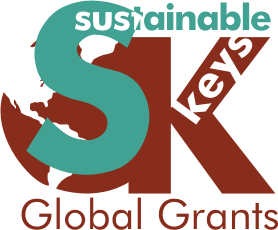
We support organizations and individuals that distribute food directly to people in need for an immediate impact.
We also strengthen long-term food production by supporting community gardens, “stock-free” farming, and other project models that are plant-based, sustainable and adaptable… able to expand to other communities.
Finally, we provide expertise about the benefits of plant-centered solutions to environmental and food security concerns to social justice organizations, think tanks, and policy-makers.
Below are some examples of the food and hunger-focused programs that we have supported through our Global Grants program. See also our full list of grant winners.
You can also give (and receive) the gift of providing vegan food to people in need. Find out more about our Plants-4-Hunger gift-giving campaign.
The $10 Club
 The $10 Club encourages ‘microphilanthropy’ where individuals donate $10 each month to fund veg-friendly poverty and hunger alleviation projects in developing nations.
The $10 Club encourages ‘microphilanthropy’ where individuals donate $10 each month to fund veg-friendly poverty and hunger alleviation projects in developing nations.
A Well-Fed Ethiopia
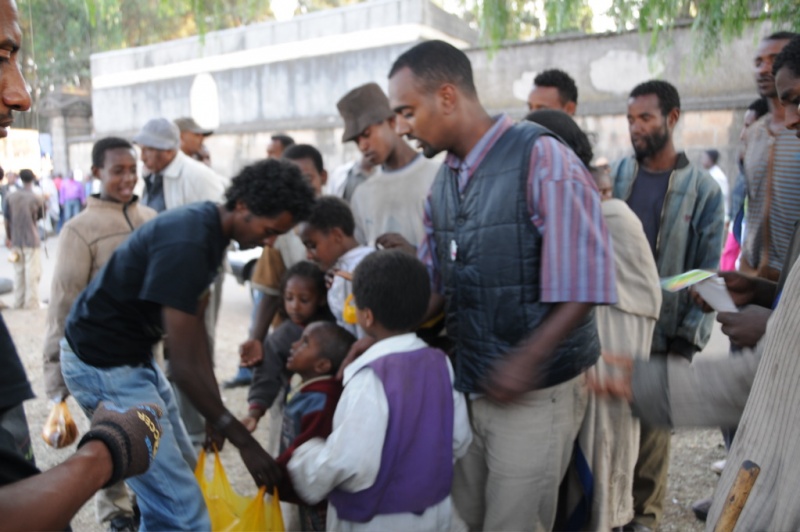 A Well-Fed World is proud to partner with the International Fund for Africa to sponsor the Ethiopian Vegan Association Conference.
A Well-Fed World is proud to partner with the International Fund for Africa to sponsor the Ethiopian Vegan Association Conference.
Each Ethiopian Vegan Feeding Program event feeds vegan food to more than 100 homeless people, including children.
A Well-Fed Florida
 A Well-Fed Florida is a member of AWFW’s Adopt-a-Community program. The group participates in food distribution activities focusing on families in need, providing nutritious, vegan food relief.
A Well-Fed Florida is a member of AWFW’s Adopt-a-Community program. The group participates in food distribution activities focusing on families in need, providing nutritious, vegan food relief.
DC Fruit and Vegetable Program
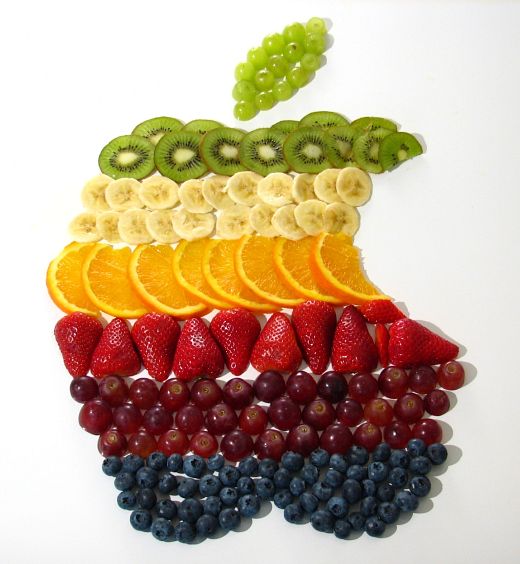 DC Fruit and Vegetable Program is a DC-based campaign working to promote healthy eating and the increased consumption of fruit and vegetables.
DC Fruit and Vegetable Program is a DC-based campaign working to promote healthy eating and the increased consumption of fruit and vegetables.
Earthworks Urban Farm
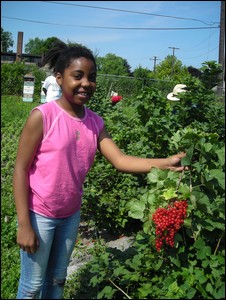 Earthworks Urban Farm is a 1.5 acre farm, apiary and direct feeding program of the Capuchin Soup Kitchen in Detroit, Michigan. Seeking to bolster sustainable agricultural practices in urban areas, Earthworks works closely with the Department of Health to help promote the consumption of fresh vegetables among low-income families.
Earthworks Urban Farm is a 1.5 acre farm, apiary and direct feeding program of the Capuchin Soup Kitchen in Detroit, Michigan. Seeking to bolster sustainable agricultural practices in urban areas, Earthworks works closely with the Department of Health to help promote the consumption of fresh vegetables among low-income families.
Ethiopian Solar Village
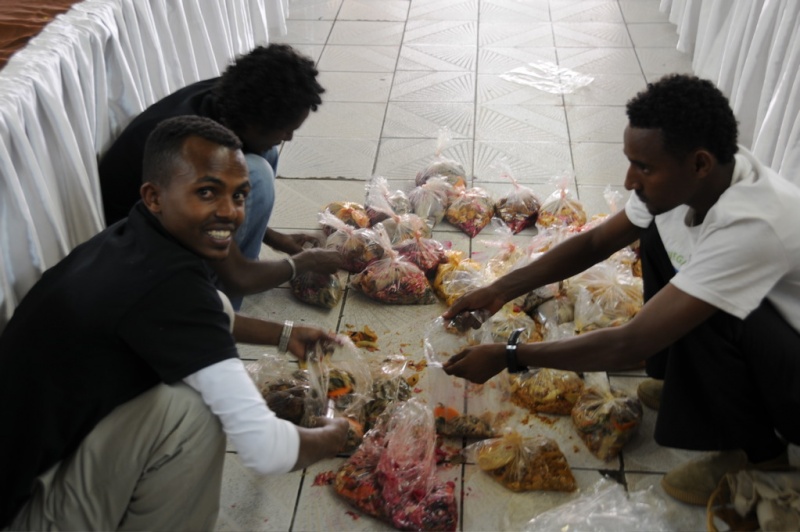 The Ethiopian Solar Village is creating a community in which the production of power, water and food is done on-site with total use of “off-the-shelf appropriate technologies.” This gives individuals the opportunity to use the food grown to directly feed those in need.
The Ethiopian Solar Village is creating a community in which the production of power, water and food is done on-site with total use of “off-the-shelf appropriate technologies.” This gives individuals the opportunity to use the food grown to directly feed those in need.
Feed DC
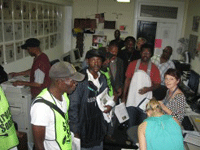 Feed DC consists of volunteers providing free vegan meals to the hungry in the District of Columbia. Food is also shared with general public around the nation’s capital at concerts, festivals and other public events.
Feed DC consists of volunteers providing free vegan meals to the hungry in the District of Columbia. Food is also shared with general public around the nation’s capital at concerts, festivals and other public events.
Food Empowerment Project
 Food Empowerment Project highlights the inequity of the current food system in the United States which has led to people of color and low-income communities having higher rates of obesity and diabetes.
Food Empowerment Project highlights the inequity of the current food system in the United States which has led to people of color and low-income communities having higher rates of obesity and diabetes.
Food For Life Global
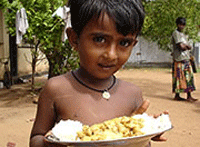 Food For Life Global among its many objectives, works to provide plant-based meals to the malnourished, disadvantaged and disaster victims.
Food For Life Global among its many objectives, works to provide plant-based meals to the malnourished, disadvantaged and disaster victims.
Global Hunger Alliance
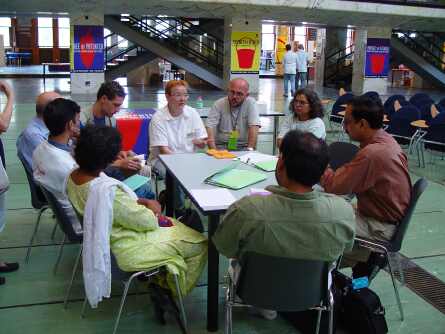 Global Hunger Alliance (GHA) is an international coalition of non-profit, non-governmental organizations united in support of effective, ethical, equitable, and environmentally sustainable solutions to hunger and malnutrition.
Global Hunger Alliance (GHA) is an international coalition of non-profit, non-governmental organizations united in support of effective, ethical, equitable, and environmentally sustainable solutions to hunger and malnutrition.
Green Your Plate
 Green Your Plate, Green Your Planet, is a collaboration with In Defense of Animals, the Veg Climate Alliance, Farm Animal Rights Movement, AnimaNaturalis, and A Well-Fed World working to promote all the benefits of a plant based diet with regard to climate change.
Green Your Plate, Green Your Planet, is a collaboration with In Defense of Animals, the Veg Climate Alliance, Farm Animal Rights Movement, AnimaNaturalis, and A Well-Fed World working to promote all the benefits of a plant based diet with regard to climate change.
HIPPO

HIPPO is involved in projects mostly in Africa (Ethiopia, Kenya, Malawi, Nigeria, and Uganda), but also sends vegan food aid to Russia, Bosnia, and Croatia.
International Fund For Africa
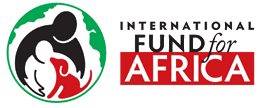 The International Fund for Africa seeks to eradicate hunger by educating communities and inspiring people about the value and benefits of plant-based eating.
The International Fund for Africa seeks to eradicate hunger by educating communities and inspiring people about the value and benefits of plant-based eating.
Liberia Animal Welfare Society
 The Liberia Animal Welfare Society (LAWS) has been serving and protecting the animals in Liberia. The vegetables grown by the students will be served once a week. LAWS believes that by promoting plant based foods within schools, students will begin to embrace their innate love for animals and the need to protect their welfare.
The Liberia Animal Welfare Society (LAWS) has been serving and protecting the animals in Liberia. The vegetables grown by the students will be served once a week. LAWS believes that by promoting plant based foods within schools, students will begin to embrace their innate love for animals and the need to protect their welfare.
Organic Agriculture Centre of Kenya
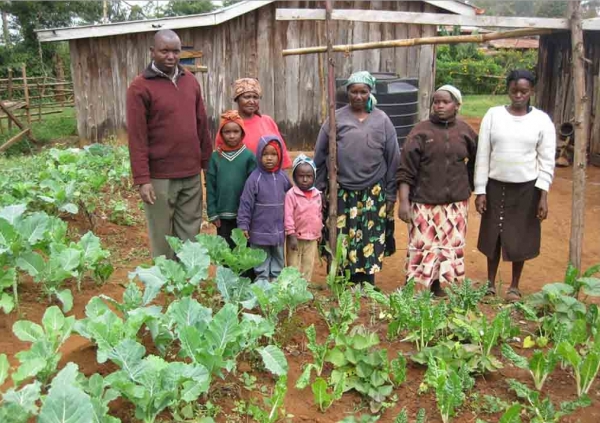 Organic Agriculture Centre of Kenya is a non-governmental organization whose mission is to raise awareness about organic agriculture in Kenya and work with Kenyan farmers to achieve food security. OACK is proposing a new project to train young people gardening skills through organic vegetable garden projects. This new activity will empower Kenyan youth to understand the importance of gardening for sustainable food production and provide direct food aid to families.
Organic Agriculture Centre of Kenya is a non-governmental organization whose mission is to raise awareness about organic agriculture in Kenya and work with Kenyan farmers to achieve food security. OACK is proposing a new project to train young people gardening skills through organic vegetable garden projects. This new activity will empower Kenyan youth to understand the importance of gardening for sustainable food production and provide direct food aid to families.
Plenty International
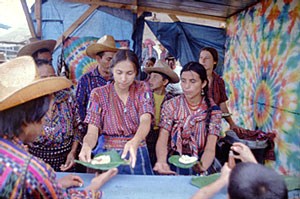 Plenty International will use this grant to support nutrition supplementation to children attending day care and school at a women’s cooperative in Guatemala City called Unidas Para Vivir Mejor (United to Live Better).
Plenty International will use this grant to support nutrition supplementation to children attending day care and school at a women’s cooperative in Guatemala City called Unidas Para Vivir Mejor (United to Live Better).
The Sera Je Food Fund

VegFam
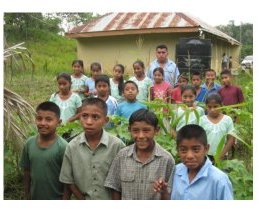 VegFam helps people around the world by providing funds for self-supporting, sustainable food projects and the provision of safe drinking water. The organization funds ethically sound plant-food projects: seeds and tools for vegetable growing, fruit and nut tree planting, irrigation and water wells and also funds for emergency feeding in times of crisis.
VegFam helps people around the world by providing funds for self-supporting, sustainable food projects and the provision of safe drinking water. The organization funds ethically sound plant-food projects: seeds and tools for vegetable growing, fruit and nut tree planting, irrigation and water wells and also funds for emergency feeding in times of crisis.
We Feed Our People
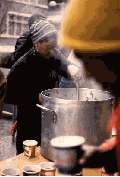 We Feed Our People (WFOP) provides a nutritious meal and warm clothing for homeless citizens throughout Washington, DC. When WFOP was first launched in 1988, programs that provided food for the homeless community, did not provide meals on Sundays and holidays. As a result the Martin Luther King Jr. Holiday would be a day of sacrifice to those that he dedicated his life attempting to help.
We Feed Our People (WFOP) provides a nutritious meal and warm clothing for homeless citizens throughout Washington, DC. When WFOP was first launched in 1988, programs that provided food for the homeless community, did not provide meals on Sundays and holidays. As a result the Martin Luther King Jr. Holiday would be a day of sacrifice to those that he dedicated his life attempting to help.

